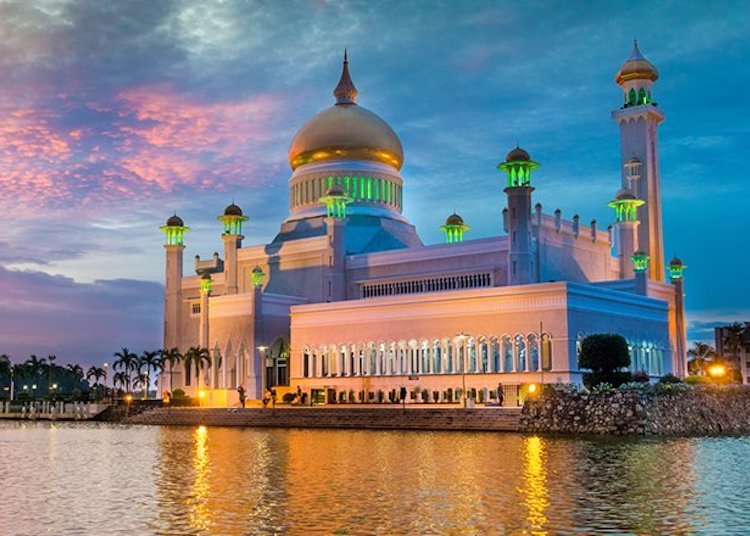The country’s strategy in order to reduce unemployment and depletion of oil reserves
Despite being a small country, Brunei is rich in potential. It is widely known for its petroleum and gas reserves, which have fueled the nation’s economy for over 85 years. In 2019, the GDP per capita under the current sultanate reached 13.469 billion USD, making it the second wealthiest country in ASEAN, following Singapore. Furthermore, Brunei Darussalam is known for its excellent living standards. Its Human Development Index value is 0.845 – the same as Hungary – which places the country at the 43rd position worldwide.
Brunei Darussalam is looking forward to achieve its ambitious long-term development plan: Wawasan 2035. Its goal is to be recognized, both regionally and globally, as a dynamic and sustainable nation with a highly educated society. The national plan is also in line with the United Nations 2030 Agenda for Sustainable Development, which the country fully supports. Indeed, it has submitted its first-ever Voluntary National Review – a mandatory document required from all nations as part of their obligation in implementing the Agenda.
Nevertheless, the country is still facing disruptive internal challenges, such as the increase in youth unemployment over the last ten years. Based on a report from the International Monetary Fund, the latest figure for 2019 amounts to 29.8 percent, making it the highest rate among other ASEAN Nations. According to experts, this phenomenon is mainly due to intensified reliance on the public sector. For instance, the latter has always been well subsidized which generates outcomes such as higher salaries and more attractive benefits for job hunters. On the other hand, working in the private sector is considered more demanding, leading to an increase of requests for vacancies within the public sector.
At this regard, His Majesty Sultan Haji Hassanal Bolkiah established the Manpower Planning and the Employment Council (MPEC). The aim is to address the issue on three aspects: supply, demand, and enablers. Through up-skilling and re-skilling programs, the government hopes to strengthen the mindset and job ethics of the workforce. Cooperation between ministries and private sector is also established with the purpose of increasing the number of high-quality jobs in the country. Furthermore, the government is promoting the creation of programs, such as the “District Connect and Institution Outreach” program, in order to match the skills and qualifications of the workforce with the requirements from various industries.
Another critical issue is related to Brunei Darussalam’s number one natural resource: oil. According to the BP World Energy Outlook, the country’s oil reserves are projected to run out by 2035. This forecast imposes an alert for the government, as oil exports made up almost 50 percent out of the total trade activities. As a response, the government sought to reduce its reliance on the hydrocarbon industry, and to diversify the country’s economy towards other sectors, such as tourism, ICT, as well as halal food manufacturing.
The diversification effort is reflected in Brunei Darussalam’s foreign policy strategy. In the past couple of years, the country is increasing its involvement in various multilateral organizations – namely the ASEAN Free Trade Area, the Asia Pacific Economic Forum, and the Brunei-Indonesia-Malaysia-Philippines East ASEAN Growth Area (BIMP-EAGA). Moreover, the country has strengthened its economic ties with China, its largest and most important investor. In the Inaugural Meeting of the Joint Steering Committee held early this year, the two countries agreed to further deepen their cooperation on the Brunei-Guangxi Economic Corridor (BGEC). This initiative so far has generated over 500 million USD of joint-investment commitments to develop several strategic industries in the country, specifically in bio-innovation, agriculture, and aquaculture.
Based on these data, it is clear that transformation is essential to ensure the sultanate’s long-term stability. Fortunately, Brunei Darussalam’s government possesses both resources and capabilities to implement its strategic priorities. Extensive measures have been taken with the aim to address the root causes of both issues, and it is highly likely that these efforts will lead to a positive outcome. Despite the current challenges, the future of Brunei Darussalam seems bright and, if the country maintains its progressive pace, it will be able to realize its ambitious 2035 plan.
By Rizka Diandra






